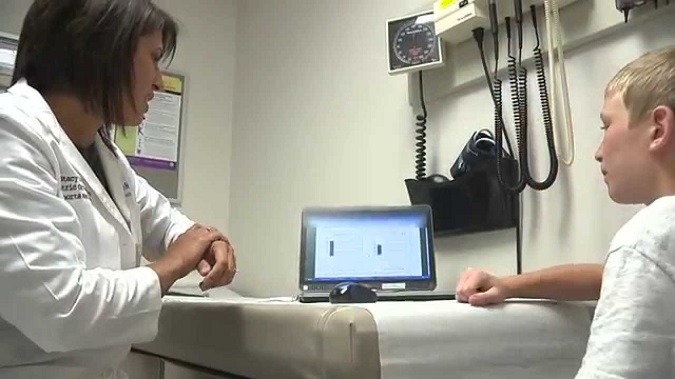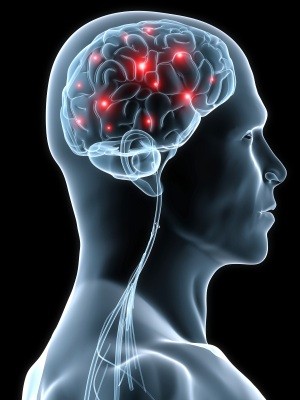Posts Tagged ‘Impact’
The FDA clears two computerized cognitive tests to assist in medical evaluations following brain injury or concussion
FDA allows marketing of first-of-kind computerized cognitive tests to help assess cognitive skills after a head injury (FDA news release): “The U.S. Food and Drug Administration today permitted marketing of two new devices to assess a patient’s cognitive function immediately after a suspected brain injury or concussion. The Immediate Post-Concussion Assessment and Cognitive Testing (ImPACT)…
Read MoreReport: Cognitive Testing Program Fails Soldiers, Leaving Brain Injuries Undetected
In 2007, with roadside bombs exploding across Iraq, Congress moved to improve care for soldiers who had suffered one of the war’s signature wounds, traumatic brain injury.
Read MoreBrain Training News Digest
Here is a news digest on brain training to start your stimulating New Year: Brain training games: Do they work? This piece explores the world of computerized brain training software: Who uses them? Are they worth the expense? You can also check out Sharpbrains Program Evaluation checklist to learn about the 10 questions to ask when…
Read MoreUpdate: Does Cognitive Training Work?
Here you have the February edition of our monthly newsletter covering cognitive health and brain fitness topics. Please remember that you can subscribe to receive this Newsletter by email, simply by submitting your email at the top of this page. Cognitive training (or structured mental exercise) definitely seems to work — as long as we define…
Read MoreBrain Training: It Works, and It Doesn’t Work
The IMPACT study which we reported on in December 2007, funded by Posit Science, conducted by the Mayo Clinic and USC Davis, has just announced publication at the Journal of the American Geriatrics Society. Reference: — Smith et al. A Cognitive Training Program Designed Based on Principles of Brain Plasticity: Results from the Improvement in…
Read MoreNeurocognitive assessments and sports concussions
Concussion effect ‘spans decades’ (BBC) — “People concussed in their youth show subtle signs of mental and physical problems even more than 30 years later, say Canadian researchers.” — “Dr Louis de Beaumont, who led the study, said: “This study shows that the effects of sports concussions in early adulthood persist beyond 30 years post-concussion,…
Read More


